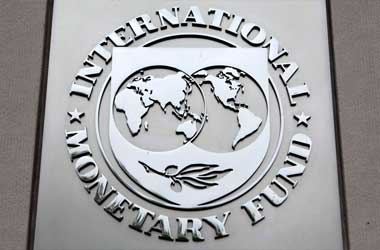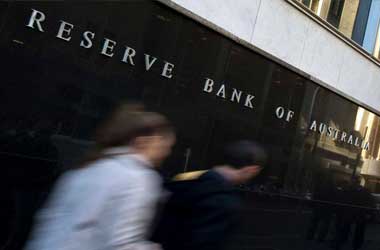 Cryptocurrencies have caused a head for a number of countries due to their volatility and the lack of regulation that surrounds the digital currency industry.
Cryptocurrencies have caused a head for a number of countries due to their volatility and the lack of regulation that surrounds the digital currency industry.
A number of countries including China and India have banned cryptocurrencies on the basis that there is too much risk involved when dealing with crypto.
Those views are not shared by the International Monetary Fund (IMF). Head Christine Lagarde believes that cryptocurrencies are here to stay and suggested that it is time for central banks around the world to issue their own cryptocurrencies and not leave the marketplace to independent players.
Central Banks Can Remove Instability
In a statement, Lagarde said
I believe we should consider the possibility to issue digital currency. There may be a role for the state to supply money to the digital economy. The advantage is clear. Your payment would be immediate, safe, cheap and potentially semi-anonymous and central banks would retain a sure footing in payments.
This suggestion by Lagarde is not just a suggestion for better services. She points out that a lot of the current cryptocurrency networks don't have a trustworthy backer behind them. Lagarde insists that if central banks don't step in, these networks can quickly grow unstable. Digital currencies backed by central banks would be able to expand financial services easily without the worry about the risk associated with Bitcoin and other privately-managed currencies.
This proposal by the IMF may make some blockchain enthusiasts hesitant since one of the main precepts of blockchain tech is decentralization. Having a central bank oversee everything may make them worry that regulation would make transactions slower and more expensive. However, businesses who want to use the new blockchain tech would welcome the reassuring presence of central banks.
Blockchain Future
Lagarde made a suggestion on how this could potentially work. Central banks would specialize in the back end part of the transactions like settlements. The other part of the equation is businesses and start-ups that would focus on innovation and customer services.
There are already millions of dollars being invested into start-ups that are focusing on blockchain technology. They offer financial services that are faster and cheaper than those offered by conventional banks. Lagarde thinks that partnerships between start-ups and central banks can create the right synergy to boost financial services.
There are several countries that are already looking into issuing their own digital currencies. Sweden has run some tests, while China, Canada, and Uruguay have started some experiments of their own. Lagarde points out that the convenience of digital cash is quite attractive but they need supervision from a central bank so that fraud and theft do not happen.




